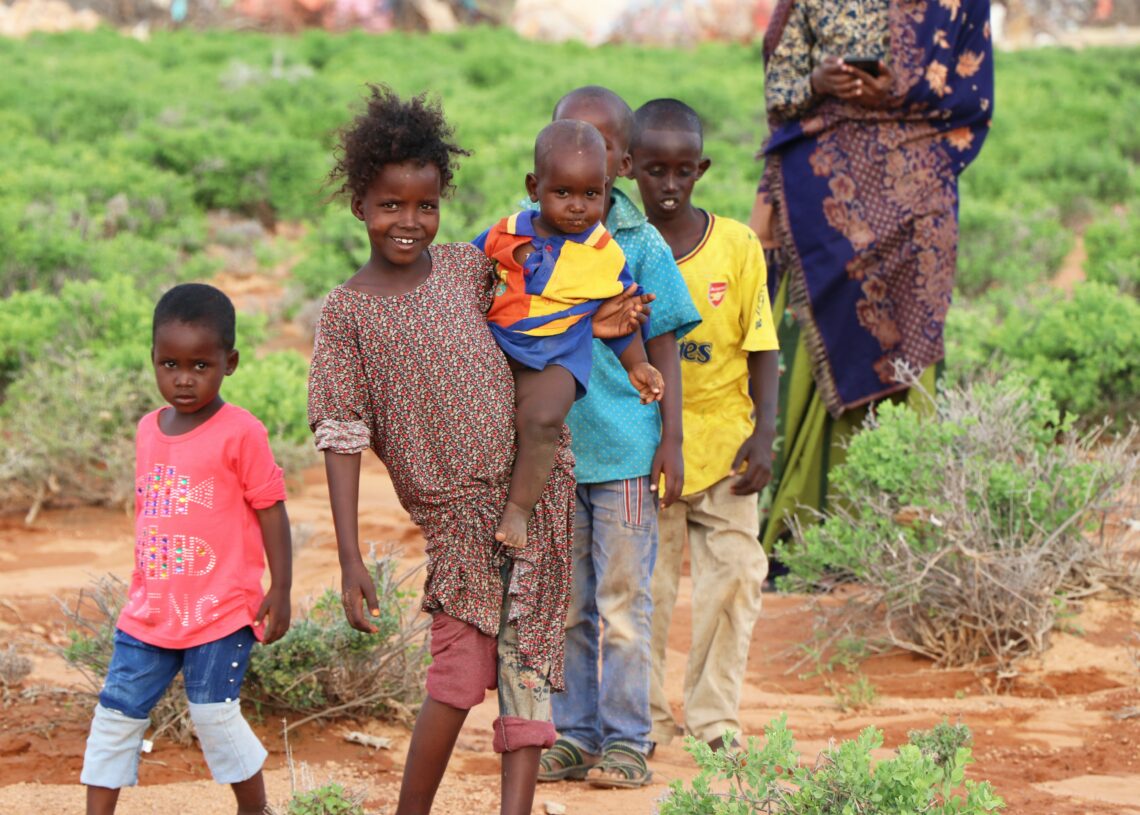The Somali Bantu are a captivating and diverse ethnic group with a rich history in the African continent. Though often overshadowed by other East African communities, the Somali Bantu have a unique story that deserves to be shared. Here are five intriguing facts you probably didn’t know about the Somali Bantu.
Origins of the Somali Bantu
The Somali Bantu, also known as the Jareerweyne, trace their roots back to various ethnic groups from the Bantu-speaking regions of East and Central Africa. Their ancestors were brought to Somalia as slaves during the 19th century, primarily from Tanzania, Mozambique, and Malawi. Over time, they have established their own distinct cultural identity in Somalia.
Unique Language and Culture
Despite living in a predominantly Somali-speaking region, the Somali Bantu maintain their own languages, which belong to the Bantu language family. Some of these languages include Zigula, Zaramo, and Mushunguli. Along with their linguistic heritage, the Somali Bantu also preserve their unique cultural practices, including traditional dances, music, and art.
Agriculture and Livelihood
The Somali Bantu have a strong connection to agriculture, which is central to their way of life. Traditionally, they have been responsible for farming along the fertile riverbanks in southern Somalia. In contrast to their pastoralist Somali neighbours, the Somali Bantu primarily cultivate crops such as maize, sesame, and sorghum, contributing significantly to the country’s agricultural production.
Resilience Amid Conflict
The Somali Bantu community has faced numerous challenges throughout history, particularly during the Somali Civil War in the 1990s. They were often targeted due to their distinct ethnicity and perceived vulnerability, forcing many to flee their homes. Despite these hardships, the Somali Bantu have shown incredible resilience, with some returning to their ancestral lands in recent years to rebuild their lives and communities.
Somali Bantu Diaspora
As a result of the conflict in Somalia, many Somali Bantu sought refuge in neighbouring countries and beyond. This has led to the establishment of a growing Somali Bantu diaspora, particularly in the United States. In the US, the Somali Bantu community has established vibrant, thriving communities in cities such as Buffalo, New York, and Lewiston, Maine, where they continue to preserve and celebrate their unique cultural heritage.
Image Credit: Photo by Ismail Salad Osman Hajji dirir on Unsplash




